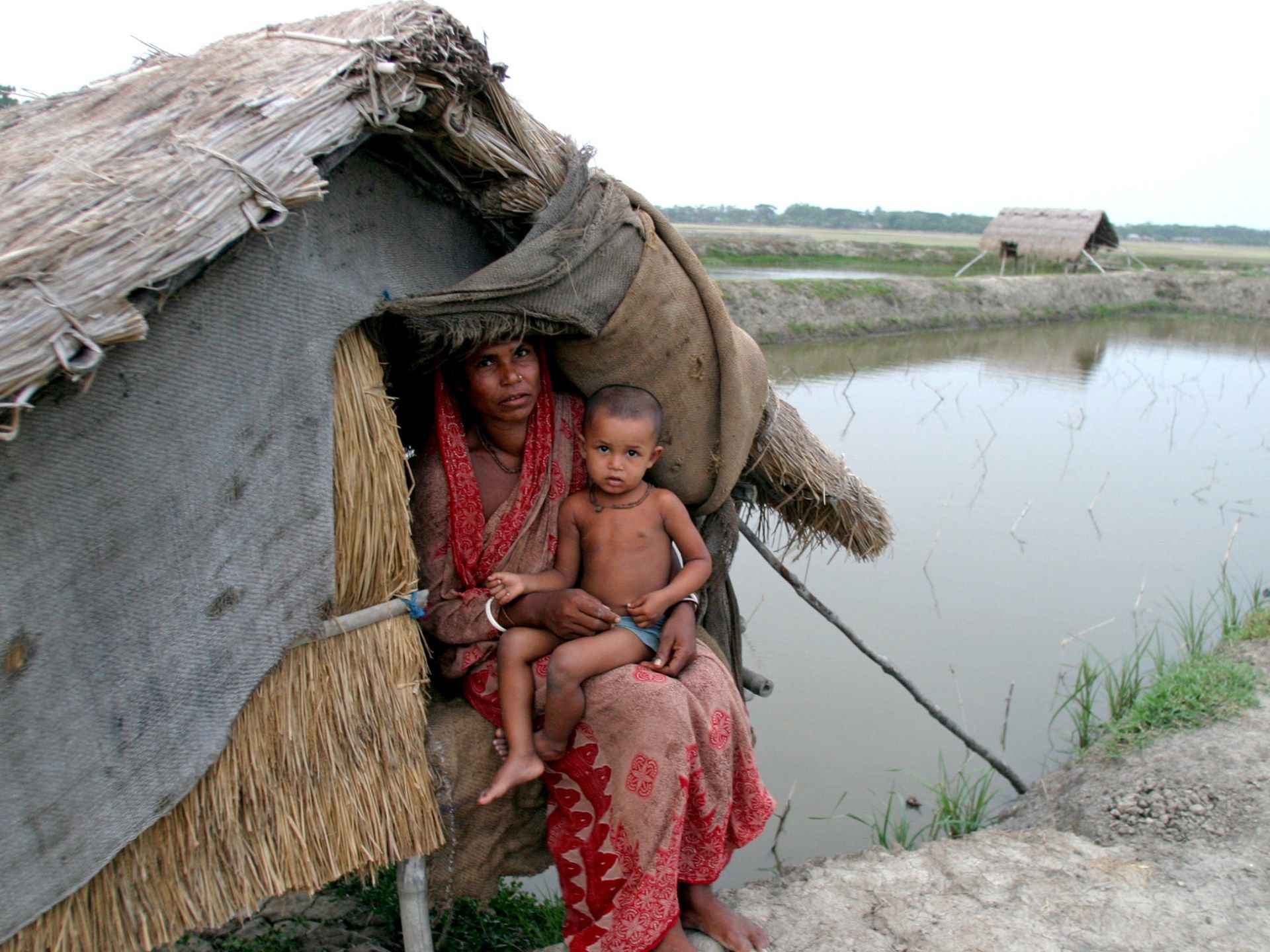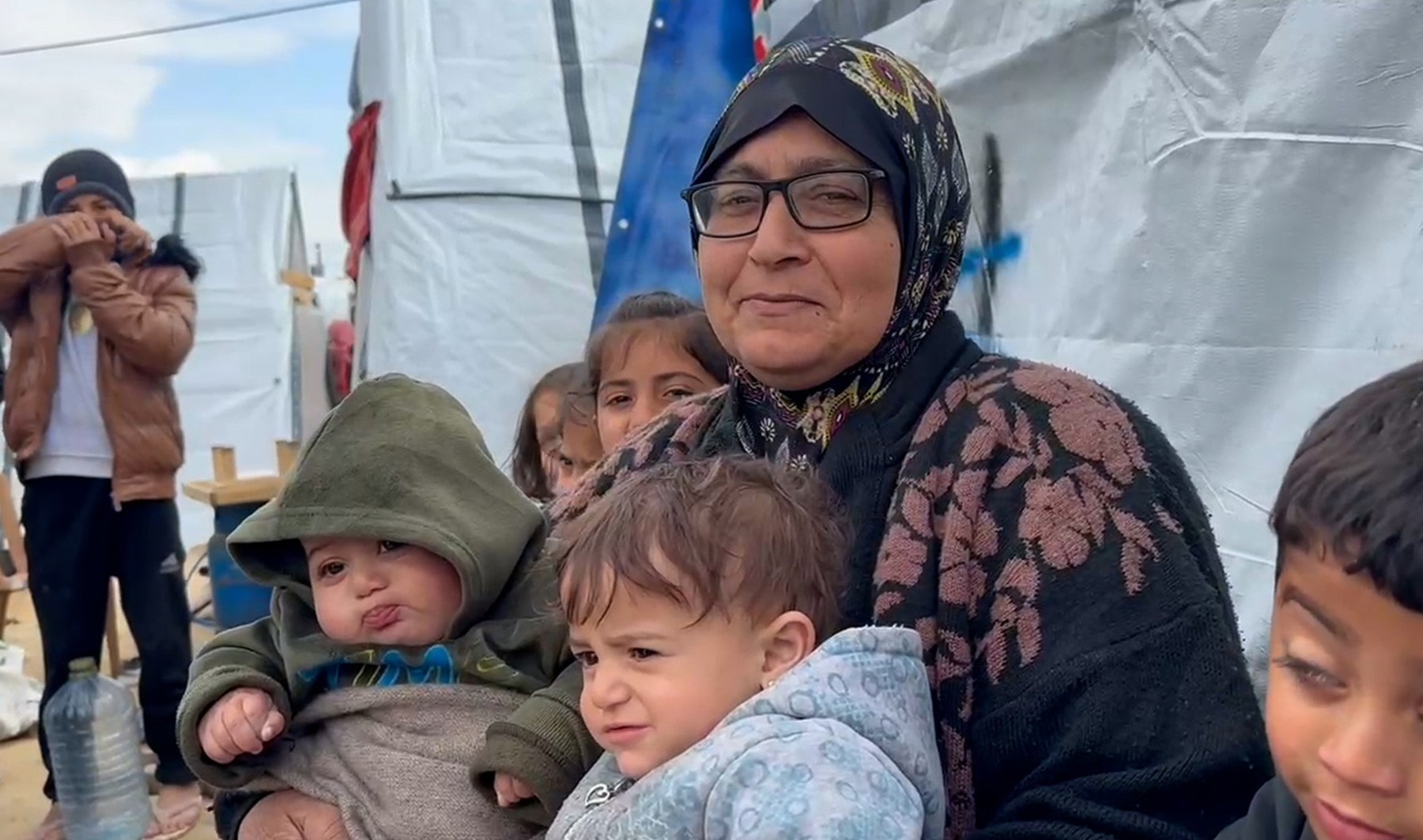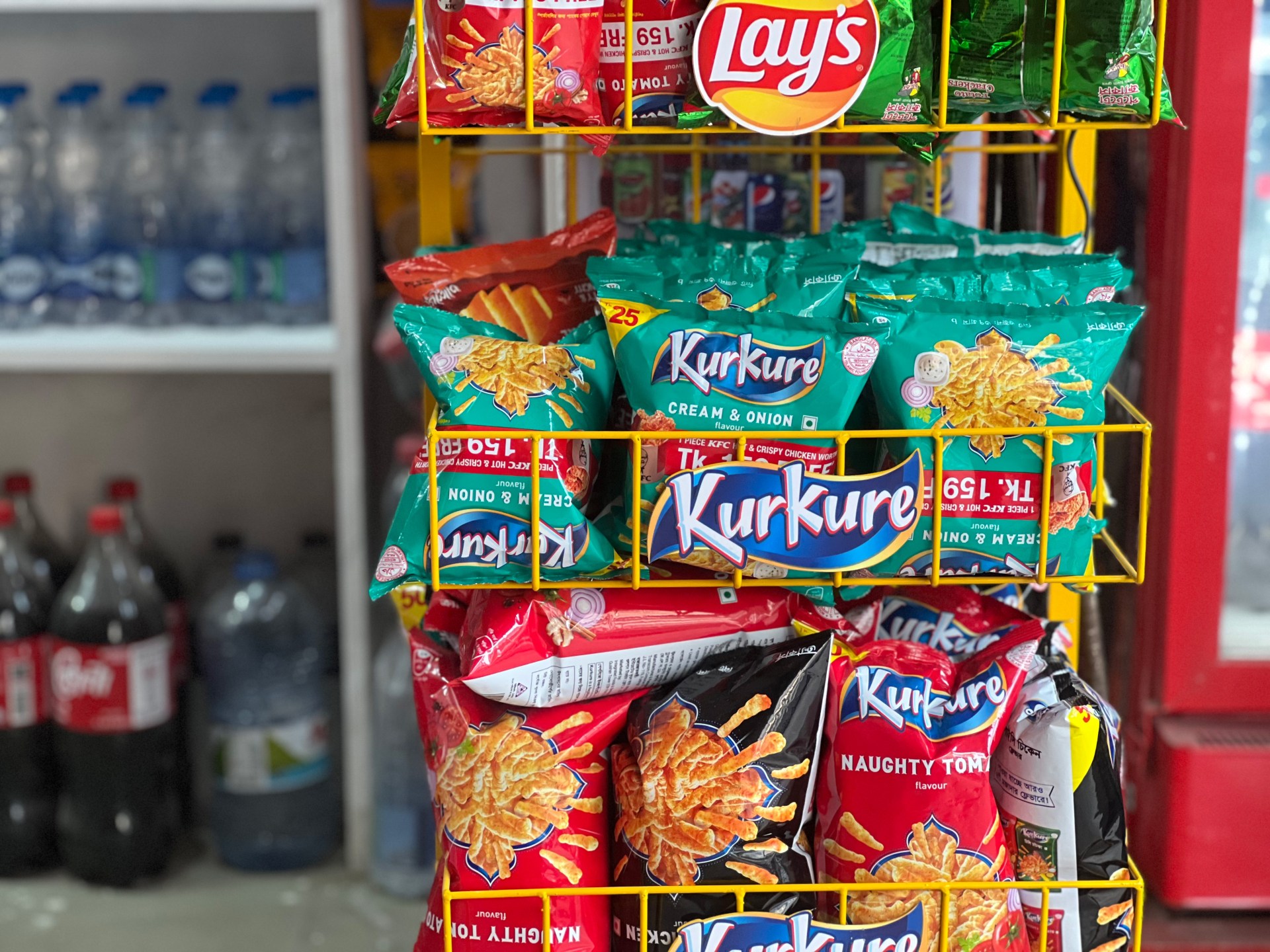Deaths are related to antimicrobial resistance infections due to excessive use or improper use of some medications.
It is believed that more than three million children, many of them from Southeast Asia and Africa, lost their lives in 2022 due to infections that are resistant to antibiotics, according to new research.
“The study underlines the urgent need for regional and global strategies to combat pediatric AMR,” said the report published in Austria on Sunday, referring to antimicrobial resistance infections (AMR).
“AMR represents a critical threat to children, which are highly vulnerable to infections.”
In the report, the Escmid scientific group said that more than 752,000 children in Southeast Asia and 659,000 in Africa died due to complications related to infections.
More than 1.5 million deaths were recorded in other regions of the world.
Professor Joseph Harwell, co -author of the study of Clinton's health access initiative, explained that due to excessive use or misuse of some medications, some bacteria have evolved, increasingly resistant to some antibiotics.
“If bacteria develop resistance to these antibiotics, there will be few alternatives, if any, to treat multiple drug resistance infections,” Harwell said.
He said that the increase in the use of some types of antibiotics has “several long -term serious risks”, especially among children.
Of the three million infant deaths estimated at 2022, two million have been associated with the use of surveillance and reserve antibiotics.
Clock antibiotics are those considered as medications with a high risk of resistance, while reserve antibiotics are considered as last -line treatments for serious and resistant infections to multiple drugs.
Both antibiotics are not intended for first -line treatment, but their use has increased exponentially in Asia and Africa.
Several factors contribute to the severity of antibiotic -resistant infections in low and medium income countries, including overcrowded hospitals, poor sanitation and prevention measures for weak infections, according to the study.
The lack of effective surveillance in these countries also makes it difficult to track resistance trends and establish effective treatment protocols, he added.
“Addressing this problem requires urgent and coordinated action at regional and global level,” the study added.












